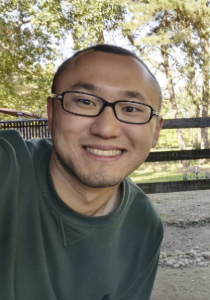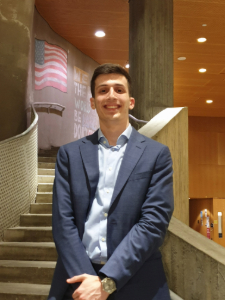Staff Members

Wenhao Gao
Wenhao is a PhD candidate in the Coley Research Group at MIT. His research focuses on accelerating and scaling up the process of molecular discovery by leveraging the capabilities of AI for decision-making. He is the recipient of a Google Ph.D. fellowship and an MIT-Takeda fellowship. Wenhao also serves as one of the organizers of multiple AI for Science workshops at NeurIPS, ICML, and Machine Learning and AI for Organic Chemistry Symposium at ACS.

Ron Shprints
Ron is a third year undergraduate student at MIT, majoring in mathematics and computer science. His research interest lies in deep learning and its applications to the natural sciences. He has been doing research in the intersection of machine learning and molecular discovery since his freshman year. Ron joined the Coley Research Group as a UROP student in summer 2022 and has collaborated with Wenhao on several projects. Before that he worked at the Jensen Research Group where he collaborated with Andrew Zahrt on the machine learning discovery of electrochemical reactions.


